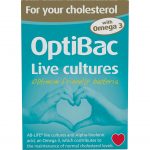



OptiBac For your Cholesterol
£18.99 Original price was: £18.99.£16.14Current price is: £16.14.
Out of stock
Email when stock available
Cholesterol
OptiBac For your Cholesterol, Omega-3 fatty acids, found primarily in fatty fish such as salmon, mackerel, and sardines, as well as in certain plant sources like flaxseeds, chia seeds, and walnuts, have been studied for their potential effects on cholesterol levels and overall heart health. Here’s how omega-3 fatty acids may influence cholesterol:
1. **Reduction in Triglycerides:** Omega-3 fatty acids, particularly EPA (eicosapentaenoic acid) and DHA (docosahexaenoic acid), have been shown to reduce levels of triglycerides, a type of fat in the blood.
High triglyceride levels are associated with an increased risk of heart disease. Omega-3 supplementation, especially in higher doses, can lead to significant reductions in triglyceride levels.
2. **Modest Increase in HDL (“Good”):** Some studies suggest that omega-3 fatty acids may have a modest effect on increasing levels of HDL cholesterol, often referred to as “good” cholesterol.
Higher levels of HDL are associated with a lower risk of heart disease. However, the increase in HDL cholesterol from omega-3 supplementation is typically smaller compared to the reduction in triglycerides.
3. **Potential Reduction in LDL (“Bad”) :** While omega-3 fatty acids are primarily known for their effects on triglycerides, they may also have a modest impact on reducing LDL cholestrol levels, particularly when combined with other lifestyle modifications such as diet and exercise. However, the evidence for this effect is less consistent compared to the reduction in triglycerides.
4. **Improved Lipid Profile:** Overall, omega-3 fatty acids have been shown to improve the lipid profile by reducing triglyceride levels and, to a lesser extent, increasing HDL cholesterol levels.
While the effect on LDL may vary among individuals, omega-3 supplementation is generally considered beneficial for heart health, especially in individuals with elevated triglyceride levels.
It’s important to note that while omega-3 fatty acids can be beneficial for cholestrol levels and heart health, they are just one component of a comprehensive approach to cardiovascular wellness.
Other factors such as maintaining a healthy weight, regular physical activity, avoiding smoking, and following a balanced diet rich in fruits, vegetables, whole grains, and healthy fats are also important for maintaining healthy cholesterol levels and reducing the risk of heart disease.
As always, individuals should consult with a healthcare provider before starting any new supplement regimen, especially if they have underlying health conditions or are taking medications.

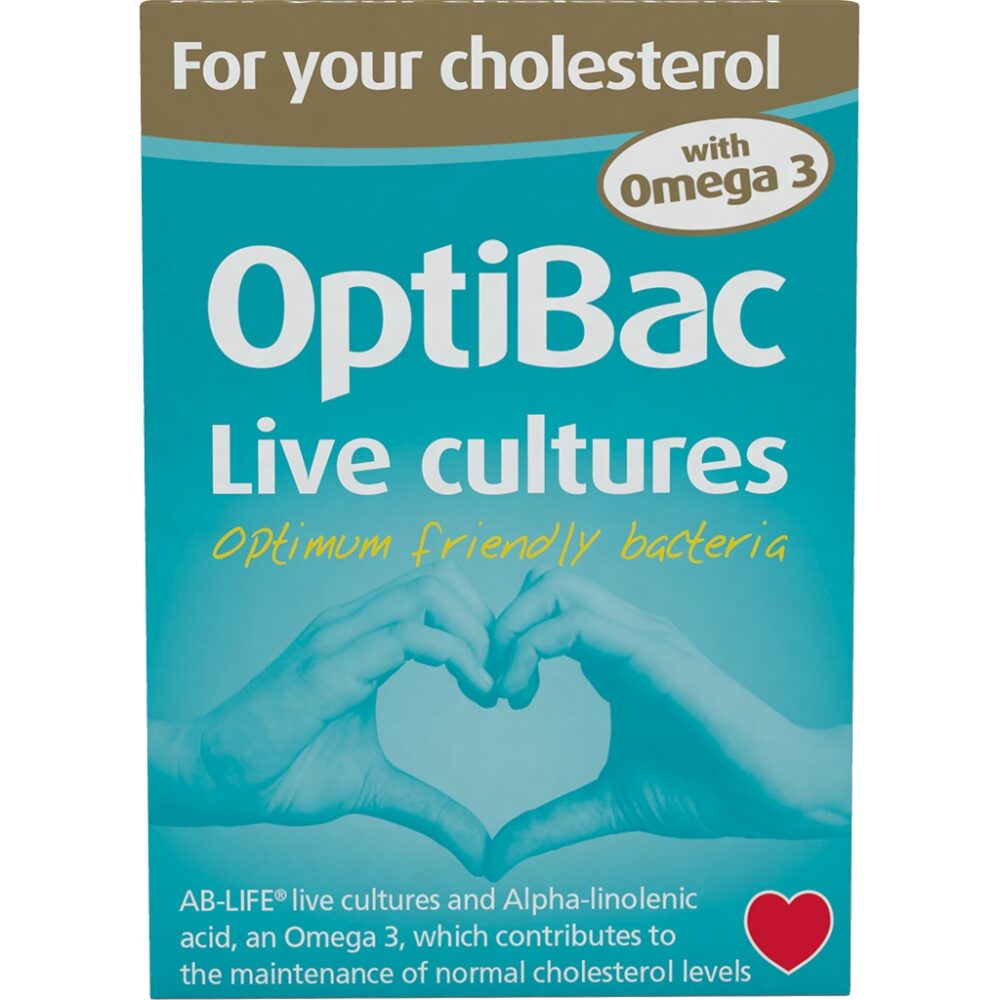


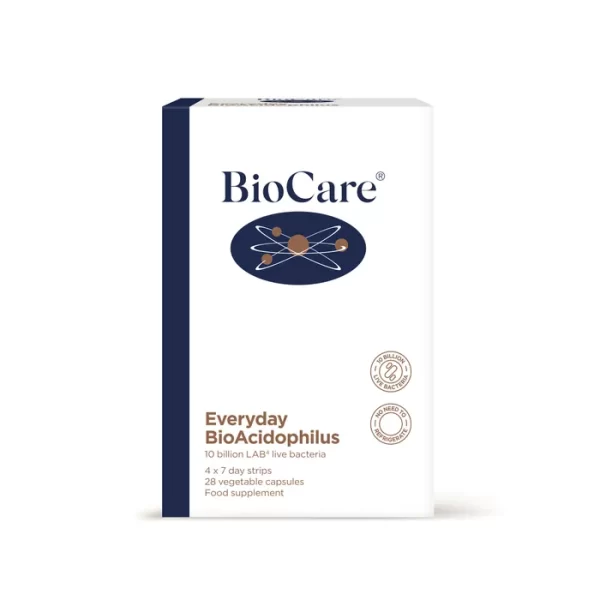
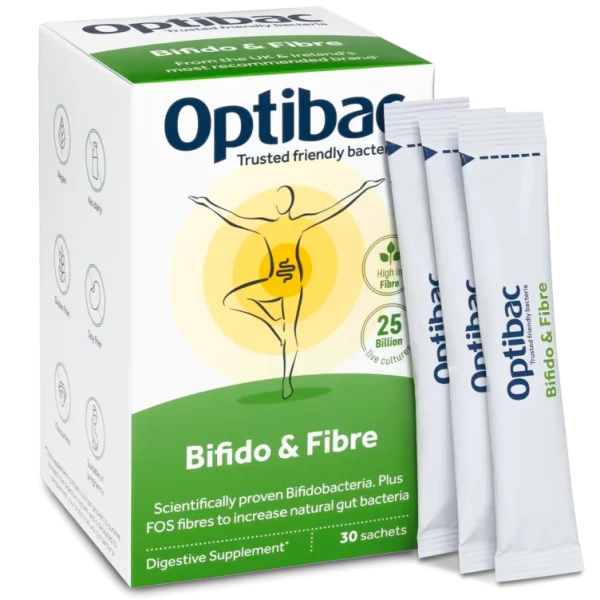
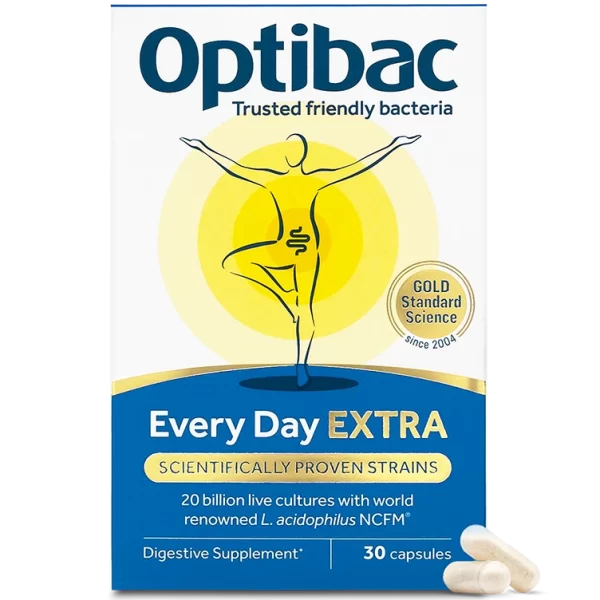
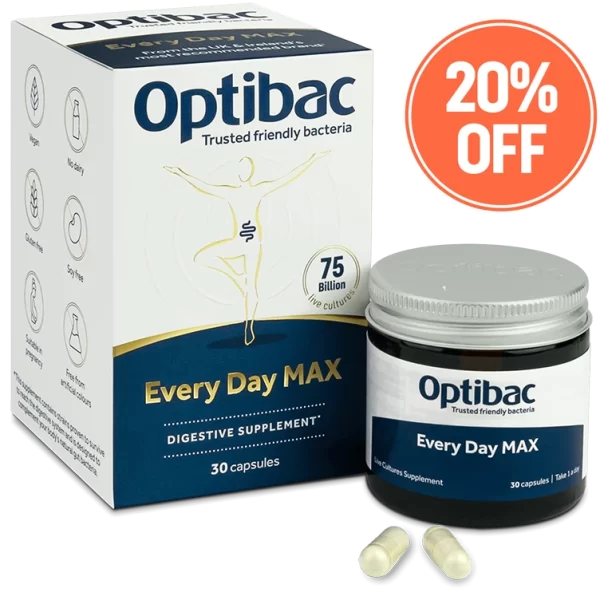
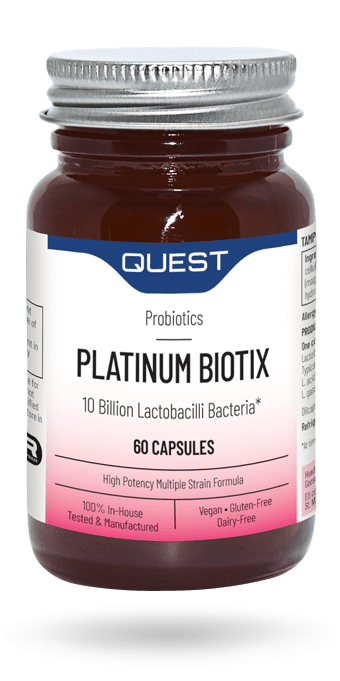





Reviews
There are no reviews yet.